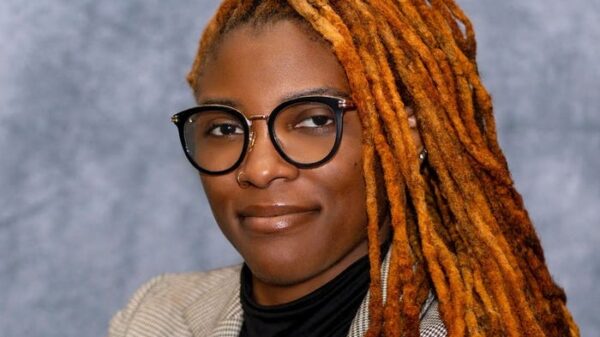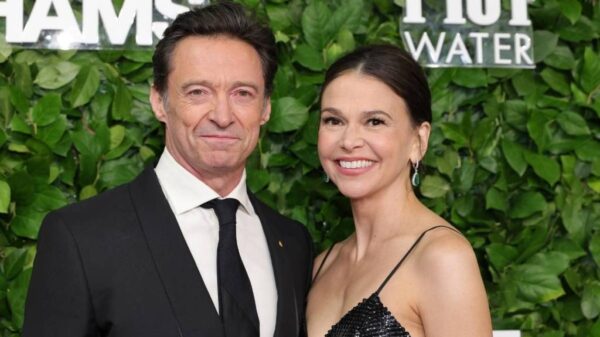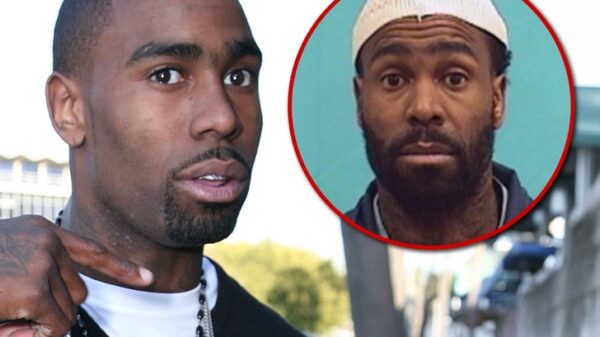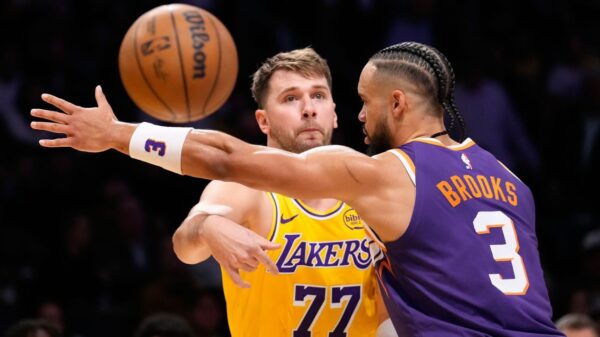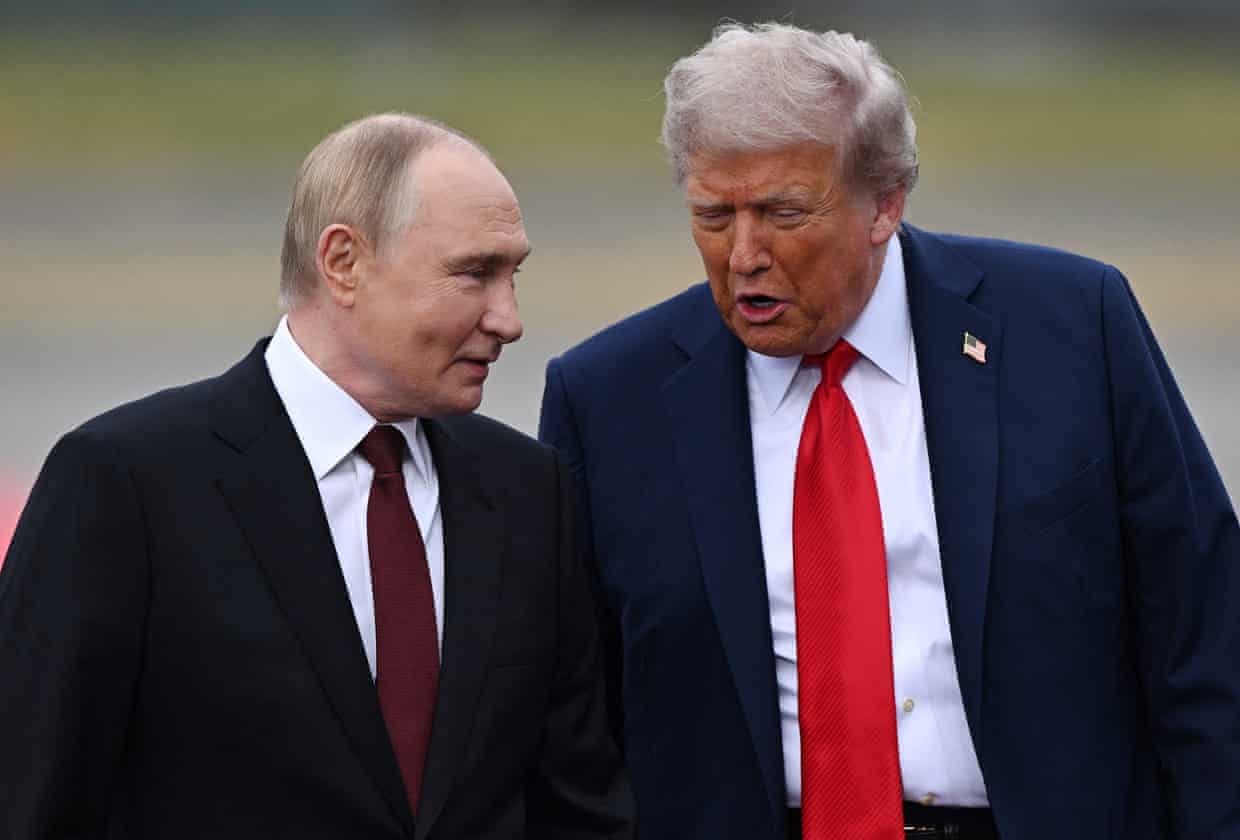UPDATE: In a surprising summit at Joint Base Elmendorf-Richardson in Alaska, Donald Trump and Vladimir Putin engaged in a controversial dialogue regarding the ongoing war in Ukraine and the integrity of elections. This meeting, which occurred on October 20, 2023, has drawn immediate attention for its implications and the stark rhetoric exchanged between the two leaders.
During a brief 12-minute press conference, Putin claimed that had Trump been president, “there would be no war,” echoing Trump’s sentiments regarding the impact of mail-in voting on the 2020 election. “If you would have won, we wouldn’t have had a war. You’d have all these millions of people alive now instead of dead,” Putin stated, reinforcing the narrative of a rigged election that Trump has long championed.
The meeting, taking place in the picturesque setting of Alaska, drew both applause and criticism. Trump, who rolled out the red carpet for Putin, was seen as aligning himself with a leader accused of war crimes in Ukraine, including the abduction and transfer of thousands of Ukrainian children. In a stark contrast to the gravity of these accusations, the two leaders shared a friendly atmosphere, with Trump even complimenting Putin’s leadership.
This unprecedented meeting marks Putin’s first visit to the United States in a decade, raising eyebrows globally. The optics of the meeting have been compared to historical appeasements, with some critics likening it to Neville Chamberlain’s meeting with Adolf Hitler in 1938.
After the press conference, Trump shared insights with Sean Hannity about their discussions, emphasizing Putin’s claim that the 2020 election was rigged due to mail-in voting. “No country has mail-in voting. It’s impossible to have honest elections,” Trump recounted, highlighting the unusual endorsement from the Russian president.
The summit has sparked widespread debate on social media, with many questioning the implications of Trump’s continued affinity for Putin amid ongoing tensions in Ukraine. Critics argue that Trump’s acceptance of Putin’s narrative undermines democratic principles, especially given the significant accusations against the Russian government regarding its actions in Ukraine.
As the world reacts to this summit, observers are left wondering what this means for future U.S.-Russia relations and the ongoing conflict in Ukraine. The meeting not only provided Putin a platform to assert his influence but also showcased Trump’s willingness to engage with controversial figures.
What’s Next: Attention now turns to how this meeting will affect public perception of both leaders and their respective political futures. Analysts are watching for any potential shifts in U.S. foreign policy, especially regarding support for Ukraine, as the fallout from this summit continues to unfold.

